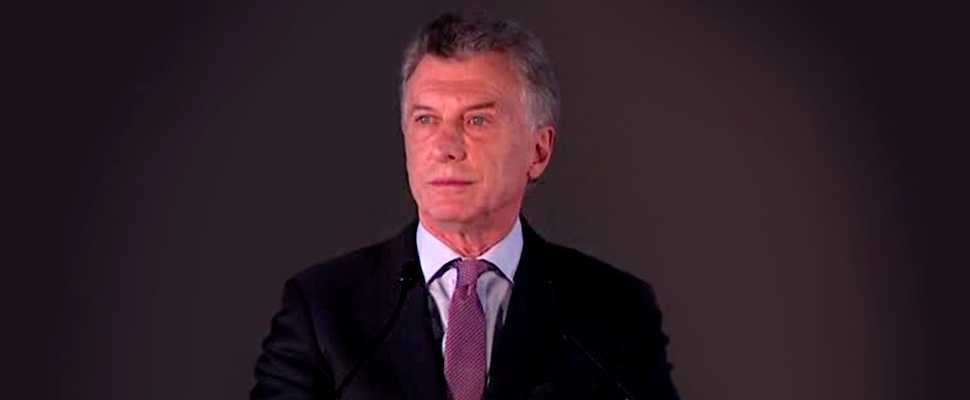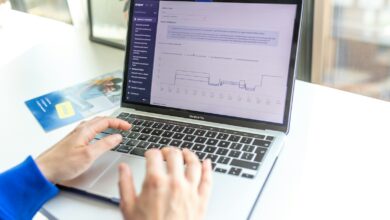Argentina appears to be choosing corrupt populism over tough needed changes
Macri depends on voters realizing they are not better off than when they first elected him, but that they are far better off than when Fernández de Kirchner was president

LatinAmerican Post Staff
Listen to this article
The most recent polls suggest that Argentina’s President, Mauricio Macri, will most likely not win re-election in October. His problem: elections are happening just as Argentina’s economy is recovering from a difficult crisis, but voters seem to perceive improvements as minimal. Nevertheless, these minor changes give Macri and his supporters some hope ahead of October’s election.
Succinctly, after a period of crisis and a $56 billion IMF bailout, the economy started to recover until investors dropped Argentine assets three months ago, after a poll suggested Mr Macri’s re-election bid was in danger. As a result, peso slipped, worsening the economic caos that has been an unwanted characteristic of Macri’s last year in office.
But the peso has since appreciated 9% since the beginning of May, monthly inflation has fallen from 4.7%in March to 2.7 % in June, which has allowed a pick-up in real wages. However, the unemployment rate is still 10%, and inflation is above 50%. At the same time, Macri’s government has cut spending to meet IMF demands.
The opponent Macri is likely to face in a second-round runoff is Alberto Fernández who describes himself as a moderate of the center-left politician. But he is not Macri’s main contender. Fernandez’s Vice President mate is former President Cristina Fernández de Kirchner (no relation).
Also read: Health is not a valid argument against raising the retirement age in Latin America
Fernández de Kirchner was Argentina’s president from 2007 to 2015. During those eight years, she nearly destroyed the economy by criticizing foreign lenders, manipulating economic statistics, and letting corruption run wild. In fact, Fernández de Kirchner still faces several ongoing corruption cases. Nevertheless, she has a loyal base of Peronist voters.
Macri can only work so that the economy continues to improve quickly enough so that he regains voter’s confidence. He has also tried to minimize the effects of his opponent’s Fernández de Kirchner strategy by choosing a moderate Peronist as his running mate. He has focused his campaign at times on noneconomic accomplishments, like better roads and cleaner water on his watch.
But in the end, Macri depends on voters realizing that they are not better off than when they first elected him president, but that they are far better off than when Fernández de Kirchner was president. A tough message to sell.
Macri can also argue that uncontrollable variables affected the economy, like outside lower prices for Argentina’s exports and predicted higher interest rates in the U.S., have made things tougher. Another tough message to sell. Finally, Macri can argue that Fernández de Kirchner was the originating problem and her presence on the opposition ticket make him the right choice. Even though he is absolutely right in this assertion that is probably the toughest one to sell for the incumbent Macri. It sounds like an excuse.





